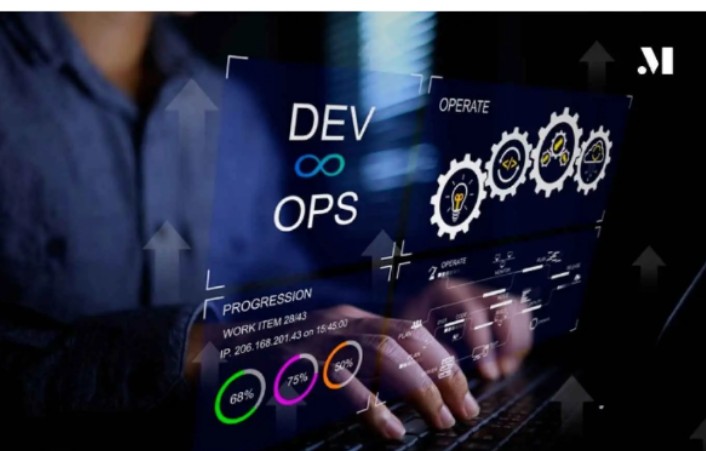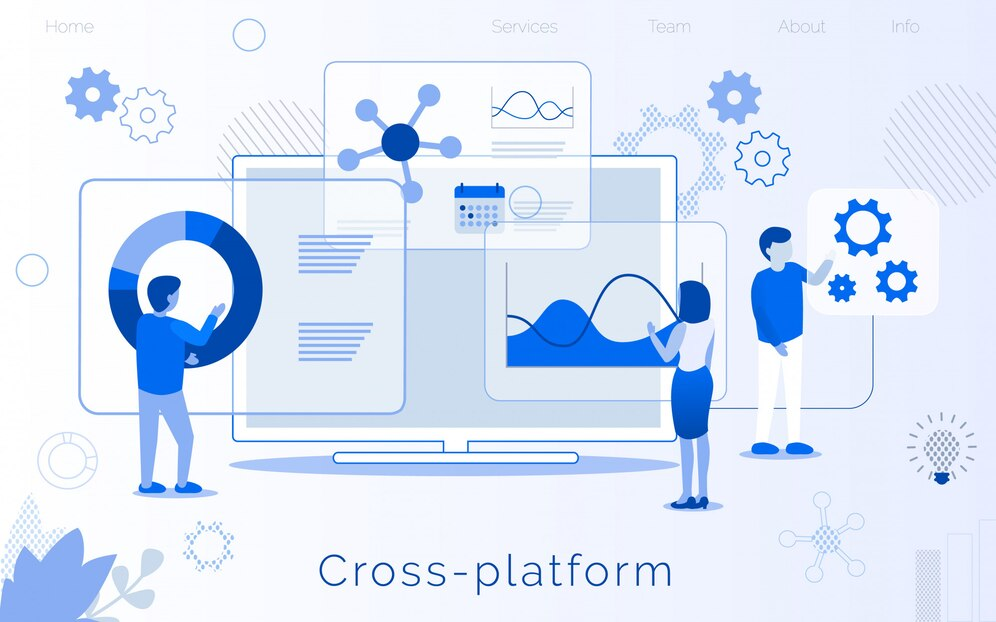The security of patient information and the management system for patient data are truly crucial for medical centers. We’ll examine its importance, best practices, and revolutionary effect on healthcare delivery throughout this guide.
What is Healthcare Software Development?
Said another way, healthcare software facilitates the myriad of everyday interactions and administrative chores that are carried out between patients, medical staff, and health administrators.
These systems are utilized by hospitals, clinics, research laboratories, financial service offices, and medical equipment manufacturers. They enhance the quality of care, optimize interactions, and ensure the privacy and accuracy of records.
The development of healthcare software fosters an environment that enhances the accuracy and quality of healthcare services.
Overview of Healthcare Software Development Market

The healthcare software development industry is experiencing rapid growth, driven by the need for more efficient healthcare operations and the growing acceptance of digital health solutions.
Software development in the healthcare sector aims to replace traditional paper-based systems with digital solutions, enhancing patient safety and care efficiency. In 2020, the mobile health industry was valued at over $45 billion, which is quite impressive for such a young sector.
Medical software development is paving the way for emerging fields such as patient engagement, clinical robotics, gamification in healthcare, and telehealth.
As healthcare software solutions gain traction, numerous startups are motivated to transform their innovative concepts into reality.
Types of Healthcare Software Development

- Electronic Health Records (EHR) Systems: Centralized digital records of patients’ medical histories.
- Practice Management Software: Tools for managing administrative and clinical operations.
- Telemedicine Platforms: Solutions for remote patient consultations and monitoring.
- Health Information Exchange (HIE): Systems for sharing patient information across healthcare organizations.
- Mobile Health Applications: Apps for health monitoring, patient engagement, and fitness tracking.
Top Healthcare Software Development Companies
- KMS Healthcare: One of the leading healthcare IT outsourcing companies. This company offers customized development and consulting services to enhance healthcare operations and ensure compliance.
- Epic Systems: Well-known for its broad range of electronic health record (EHR) solutions, Epic Systems serves a wide range of healthcare providers by providing all-inclusive support and integration in a number of healthcare environments.
- Cerner Corporation: Cerner Corporation delivers cutting-edge healthcare IT solutions, including electronic health records (EHRs), population health management, and other innovative tools to enhance healthcare delivery.
- McKesson Corporation: offers diverse healthcare management software solutions focused on improving clinical and financial outcomes, driving efficiency and effectiveness in healthcare operations.
- Allscripts Healthcare Solutions: specializes in integrated EHR, practice management, and revenue cycle management software, streamlining workflows and enhancing patient care.
The Future of Healthcare Software Development

The healthcare software solutions industry is on the brink of significant disruption. The focus will primarily be on open yet secure platforms, patient-centered care, and seamless data exchange.
This direction especially strengthens the human-centered approach in healthcare, integrating numerous solutions in the area. This includes optimizing treatment plans, easily tracking health progress, and offering online professional consultations.
From a business perspective, this approach leads to enhanced brand management, improved reputation, and better service delivery.
Key trends in medical software development include:
- Focus on Self-Care and Online Communication: Emphasis on patient portals that are accessible and user-friendly, addressing the needs of specific demographics such as the neurodivergent community.
- Blockchain Innovation: This technology significantly democratizes the sector by safely disclosing internal operations, making exchanges more transparent, trustworthy, and collaborative.
- Expanded EMR Software: Digital medical records will become the norm, linking all currently separated specialties.
- Telemedicine: This innovation fosters close remote connections between physicians and patients, eliminating traditional barriers.
- Artificial Intelligence (AI): Enhances diagnostic accuracy and enables individualized treatment plans.
New software must vigorously address safety concerns, a common hurdle for contemporary digital solutions. Additionally, the management of Big Data should be a priority.
Conclusion
If healthcare providers and IT are knowledgeable about the core concepts, leading companies, and market trends, they may select and implement the best healthcare software solutions.




